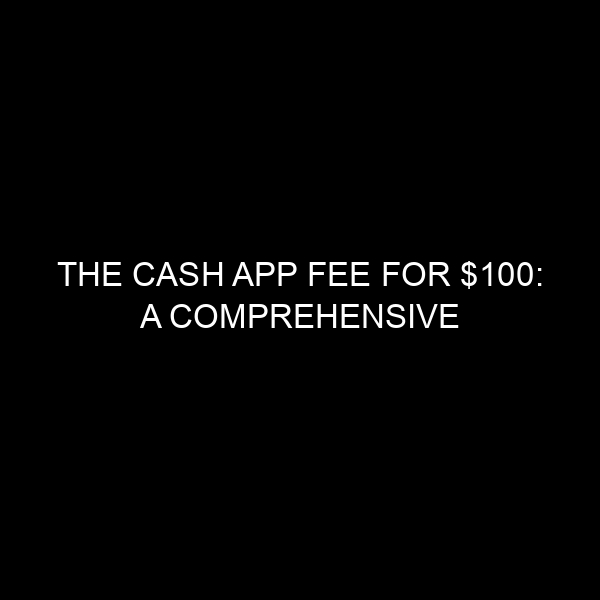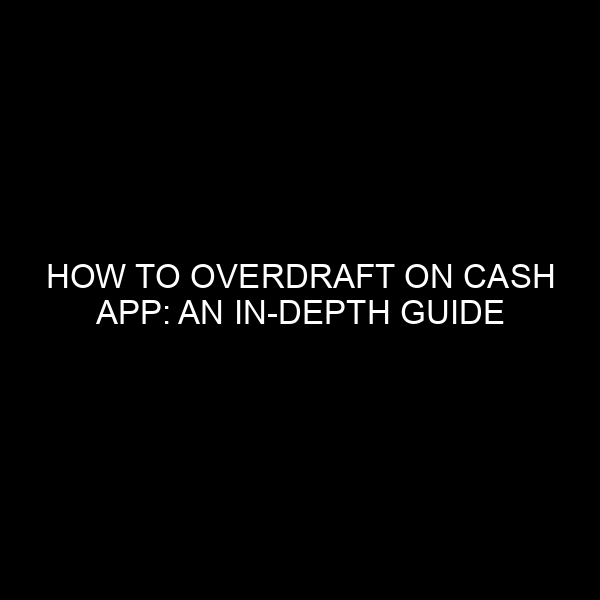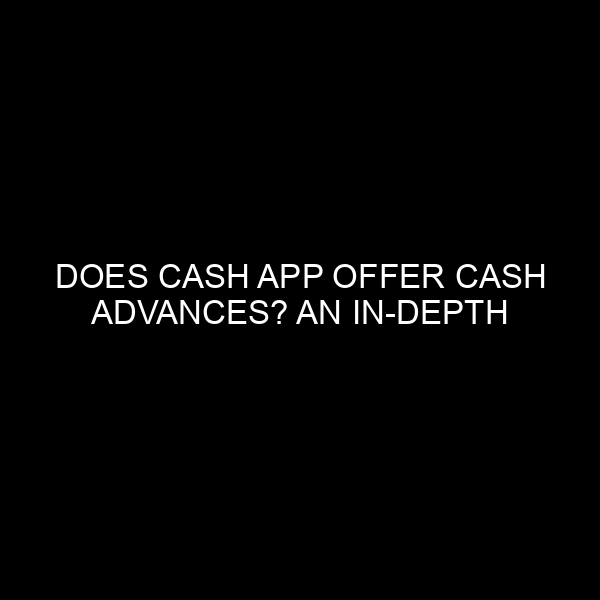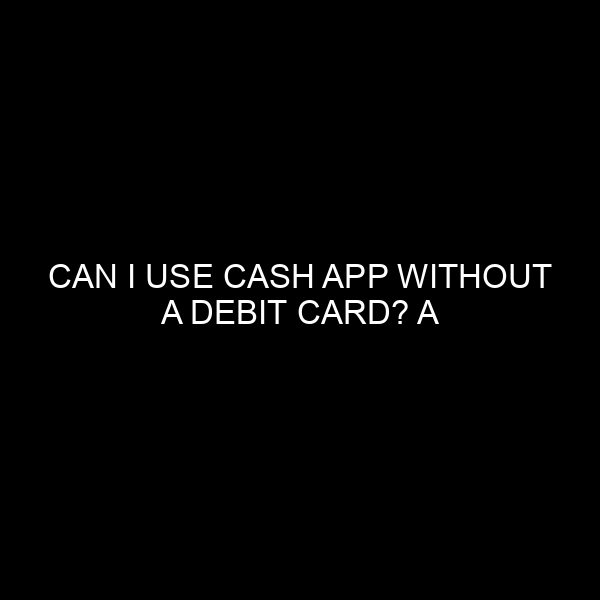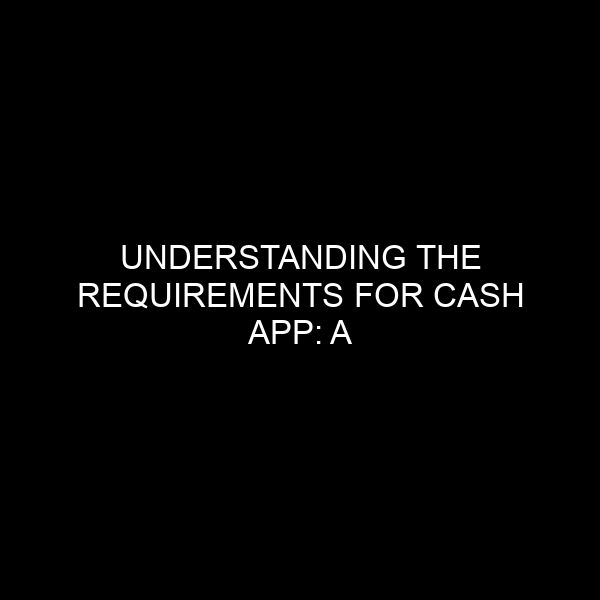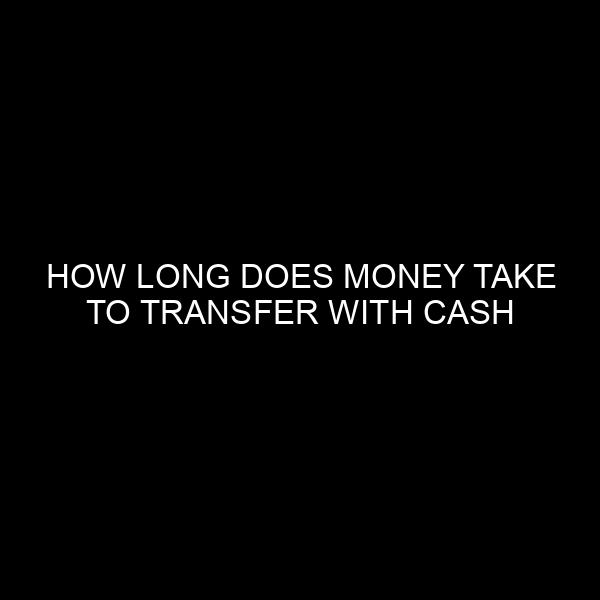The Cash App Fee for $100: A Comprehensive Breakdown
In today’s digital age, peer-to-peer (P2P) payment platforms have become the new norm. Among the front-runners in this innovative financial space is Cash App, a popular application designed by Square, Inc. for seamless money transactions. But, as with any financial service, there are fees involved. One question that often arises when considering using Cash App is: “How much is the Cash App fee for $100?” In this article, we’ll provide a deep dive into this topic, unraveling the fee structure and exploring its implications for both personal and business transactions.
Understanding Cash App’s Fee Structure
Before we delve into the specific fee for a $100 transfer, it’s essential to understand the overarching fee structure of Cash App. There are primarily three types of fees to be aware of:
- Standard Transfer Fees: Sending or receiving money using the standard transfer option (which usually takes 1-3 business days) is free.
- Instant Transfer Fees: If you want to transfer your Cash App balance to your bank account instantly, there’s a 1.5% fee.
- Business Transaction Fees: For those who accept payments for goods or services via Cash App, a 2.75% fee is applied to the transaction.
Breaking Down the Fee for a $100 Transaction
Let’s get into the nitty-gritty.
- Personal Transaction: If you’re sending or receiving $100 as a personal transaction using the standard transfer method, you won’t incur any fee. However, if you choose the instant transfer to move that $100 to your bank, you’ll be charged $1.50 (1.5% of $100).
- Business Transaction: For business owners or professionals, if you receive $100 for your services or products, you’d pay $2.75 as a fee (2.75% of $100). It’s crucial for businesses to factor in this cost when pricing their offerings or assessing profitability.
Factors That Can Influence Fees
Several factors can influence the amount you pay in fees on Cash App:
- Location: Depending on the state or country you’re in, there might be additional taxes or fees applied. It’s always wise to be informed about the local regulations and how they might affect your transactions.
- Frequency: For those using Cash App for business, the frequency of transactions can play a role in the fees you pay, especially if you’re transacting large volumes regularly.
- Promotions: Occasionally, Cash App might run promotions that can reduce (or even waive) fees. Keeping an eye out for these promotional periods can save you money.
Comparing Cash App to Other P2P Platforms
When evaluating the cost-effectiveness of Cash App, it’s beneficial to compare its fee structure with other leading P2P platforms:
- Venmo: Owned by PayPal, Venmo charges a 1% fee (capped at $10) for instant transfers. Regular transfers are free. Business transactions come with a standard 2.9% + $0.30 fee.
- Zelle: Primarily used through bank applications, Zelle doesn’t typically charge users for sending or receiving money. However, always check with your bank as certain ancillary services may have fees.
- Google Pay: Standard transfers are free, but instant transfers can carry a 1.5% fee.
Remember, while fees are an essential consideration, it’s also crucial to factor in other features like user experience, security, and integration capabilities when choosing a P2P platform.
Conclusion: Is Cash App Cost-Effective for Your Needs?
Understanding the fee structure, especially for specific amounts like $100, empowers users to make informed decisions. For personal transactions, Cash App can be highly cost-effective, especially if you’re not in a rush and can opt for standard transfers.
Business users need to be more discerning, taking into account the 2.75% fee on transactions. If you have high transaction volumes or large ticket sizes, these fees can add up, impacting your bottom line.
In the end, the best way to navigate the world of P2P platforms is to be informed. Whether you’re sending $100 or $10,000, knowing the costs involved ensures transparency and helps you use these modern financial tools to your best advantage.
